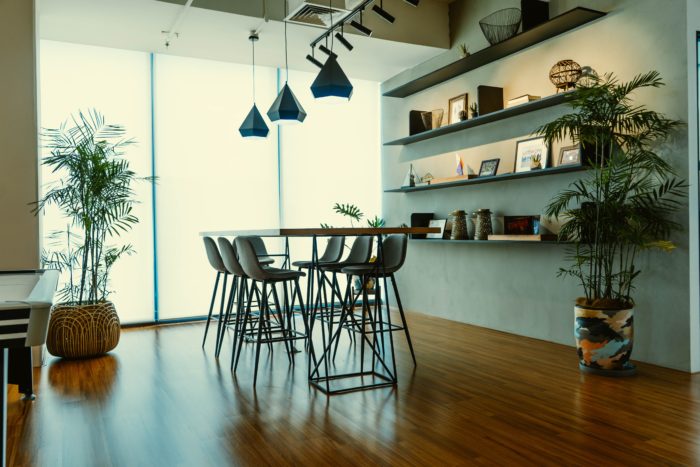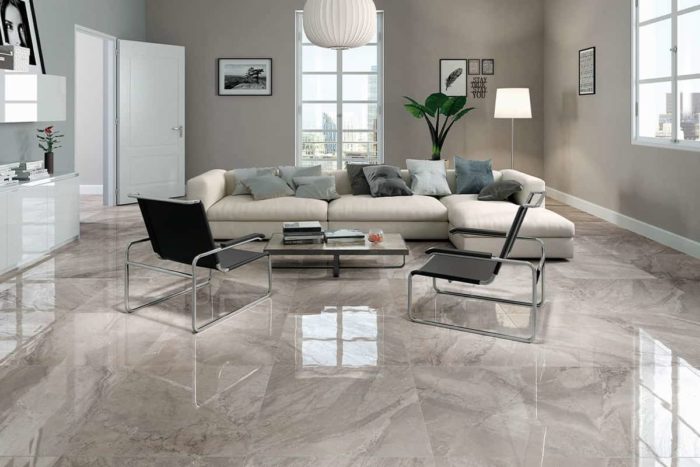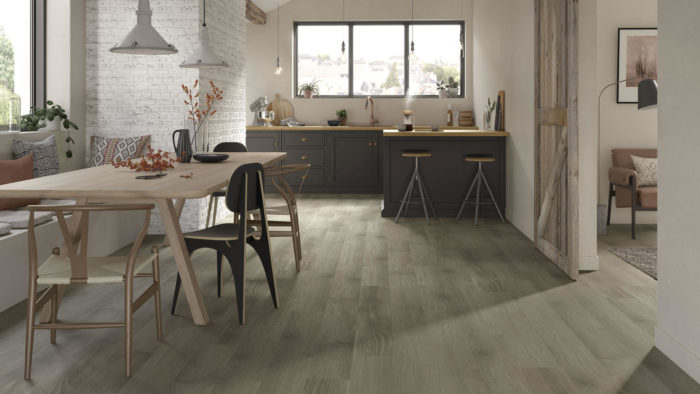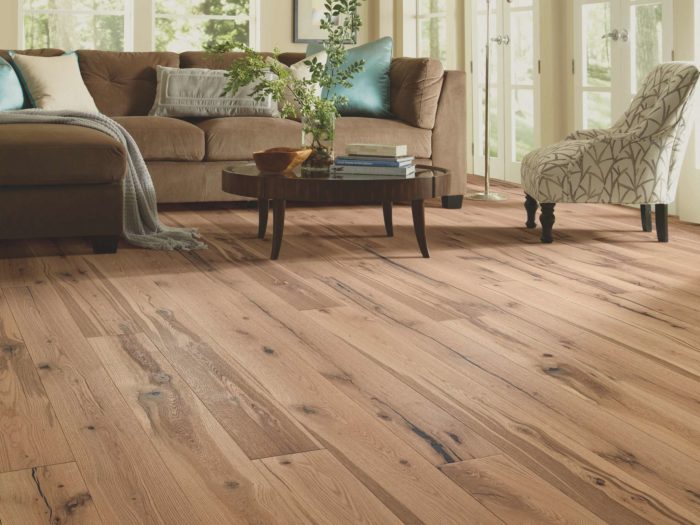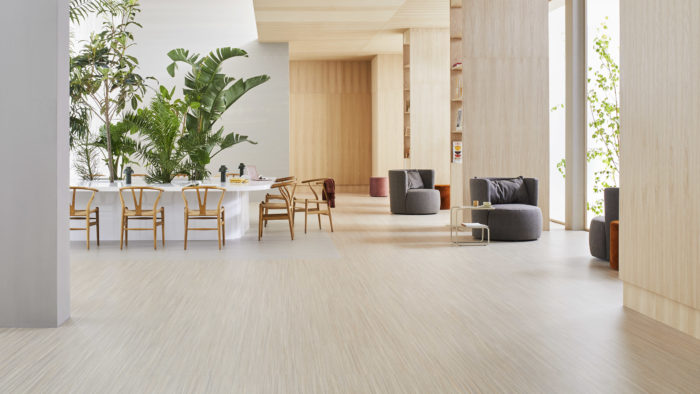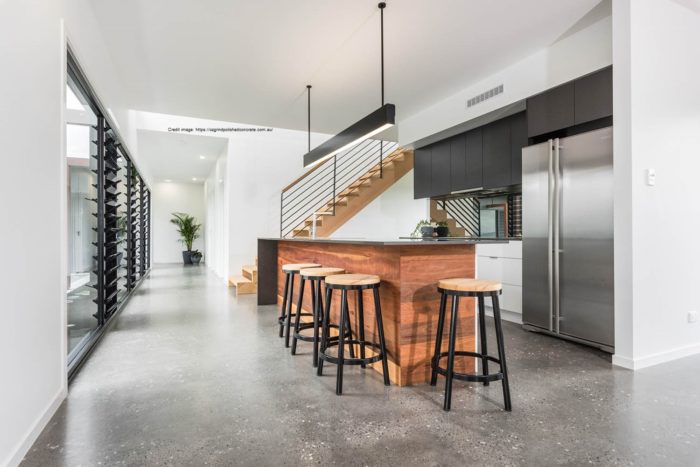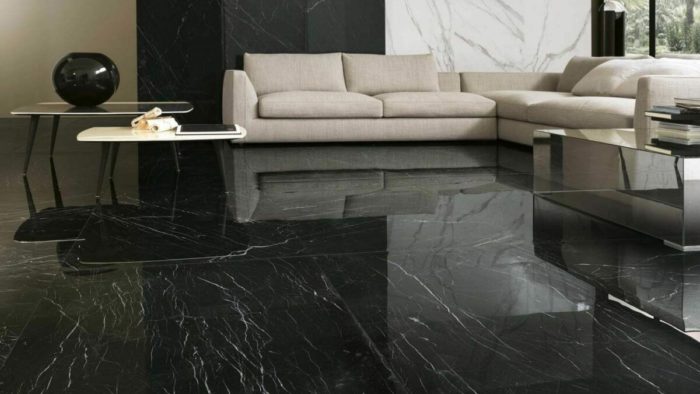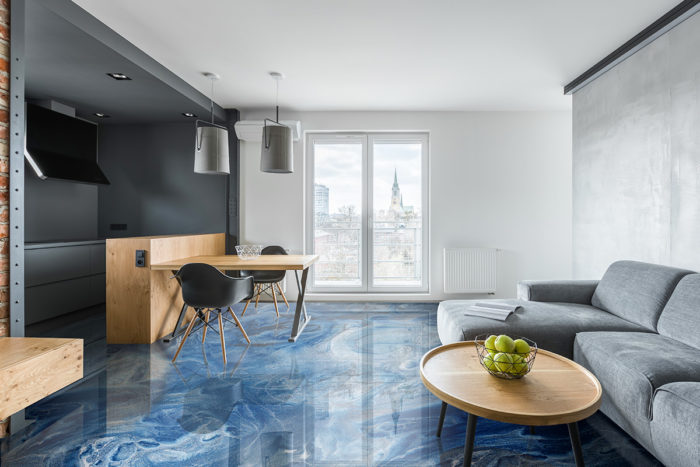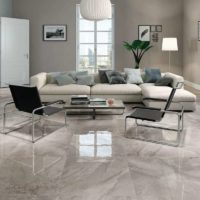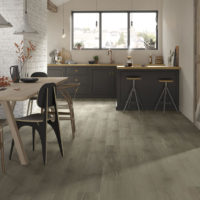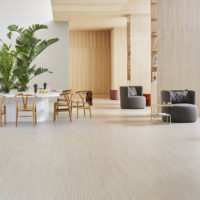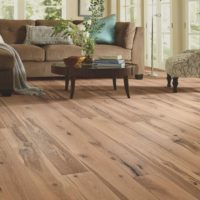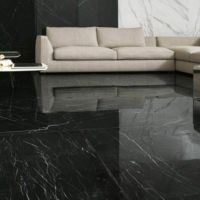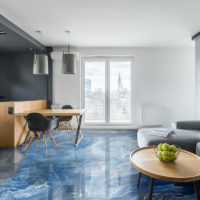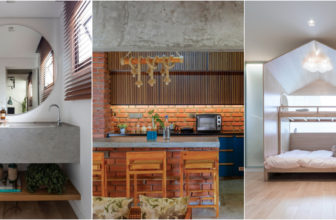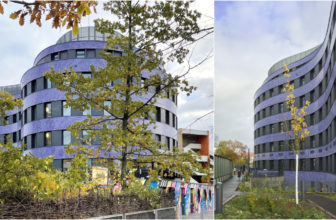A home’s flooring takes up the most area, and the most outstanding choice for that area will depend on the homeowner’s funds, lifestyle, and aesthetic preferences. When it comes to creating an impressive interior, flooring plays a crucial role in setting the tone of the space. The right flooring can make a room feel cozy, elegant, modern, or rustic, depending on your chosen type.
With so many options available, deciding on the best flooring types for your home can be overwhelming. In this article, we’ll explore the seven best flooring types to help you make an informed decision and create a stunning interior that reflects your style. The optimal type of flooring for any given area will depend on its function and aesthetic preferences.
Related Article: The Timeless Beauty of Terrazzo Floors Is Sure to Complement the Aesthetic of Any Space.
The Best Flooring Types to Consider
Wood, engineered materials, vinyl, tile, and carpet are all common choices for flooring types. Find out which flooring types are the most popular, what benefits each material offers, how it should be used, and how much it typically costs.
1) Marble Flooring
Marble is known as the most luxurious among prominent flooring types; it is elegant, neat, durable, and -most importantly- very versatile. It comes in various color options; beige, black, green, pink, brown, red, blue, and gold. Moreover, marble floorings can look customized because of the different patterns created through the tiles.
Related Article: Which is Preferable: Granite, Quartz, or Marble?
- Pros
- Marble is very durable and scratch-resistant; hence it is long-lasting.
- Marble flooring is luxurious and classy—it complements the aesthetics of any interior.
- Cons
- It requires continuous care and maintenance; it should be polished after some time to look new.
- Some marble flooring types are prone to cracks.
- Marble can absorb stains very quickly; hence proper sealants should be applied.
2) Vinyl Flooring
Vinyl is one of the flooring types that will most likely appeal to you if you are looking for a versatile flooring solution at a reasonable price—vinyl is a versatile material that can duplicate any pattern at a fraction of the cost of the original. Though it lacks the toughness and authenticity of natural materials such as wood, marble, or granite, it is rather attractive. Moreover, vinyl flooring is quite durable.
- Pros
- It is one of the easy-to-install flooring types.
- It is water-resistant and requires low maintenance.
- Cons
- Vinyl flooring can not be refinished—if an area is damaged, it should be replaced.
- It isn’t environmentally friendly; the manufacturing and installation of vinyl flooring emit toxic chemicals.
3) Hardwood Flooring
Hardwood flooring is one of the authentic and elegant flooring types. It has been used for a long time because of its durability and versatility; it can be installed in various designs and patterns. The thing about hardwood flooring is that it is sanded down and finished during installation, which gives it more strength than nailed-down or glued-engineered wood flooring.
Related Article: The Only Three Types of Wood That Every Architect Should Be Aware Of.
- Pros
- Hardwood flooring, unlike carpet, does not gather dust and other allergens, making them a healthier choice for people with respiratory problems and allergies.
- It offers just the right mix of elegance and durability.
- Cons
- Though hardwood floors provide a higher return on investment than most, they are still expensive.
- Although the scratches can be refinished, this should be done fast to avoid moisture damage to the wood.
4) Linoleum Flooring
The components of linoleum flooring are all natural and renewable resources such as linseed oil, Linoleum, and cork powder. It’s been a go-to home flooring option for over a century. Sheets, tiles, and laminated planks are all Linoleum’s common forms. You can glue it down or use the floating floor technique to set it up.
Some linoleums include an outer coating that makes them less susceptible to stains and scratches. Unlike other varieties that necessitate periodic refinement, these require minimal upkeep. You may use Linoleum anywhere from the kitchen to the bedroom to the basement.
- Pros
- Environmentally friendly Linoleum.
- Durable. It has a 40-year lifespan potential.
- Gentle on the feet.
- Color and design options are aplenty.
- Easily cleaned.
- Costing less.
- Cons
- Using sharp objects (high heels) can cause damage, such as dents or tears.
- Too much exposure to sunshine causes it to fade.
- Uncoated linoleum flooring requires periodic waxing.
- Service requirements are context-specific.
5) Concrete Flooring
Concrete is known for its adaptability, which can be molded into various forms, patterns, and colors to match your interior design. The formula is exceptionally long-lasting and comprises pebbles, cement, granite chips, and other adhesive components. Concrete is a somewhat damage-resistant flooring option, except for minor scratches and chipping.
- Pros
- Because of what makes them so long-lasting, concrete floors also require little in the way of upkeep. Dirt, grit, stains, spills, and severe impacts are all repelled if the concrete flooring is adequately treated.
- It is a highly versatile flooring option in various colors, textures, and finishes.
- Cons
- The hardness of concrete flooring can be uncomfortable for some people.
- Concrete flooring develops cracks over time.
6) Granite Flooring
Granite flooring is a classic and attractive option for flooring. Brushed granite, flamed granite, and polished granite are some available patterns. Because granite floors come in natural colors like deep green, brown, and black, they offer a uniform and organic appearance. They look exquisite in living and dining rooms, but their slick surface should be avoided in restrooms.
- Pros
- The endurance of a granite floor is one of its significant advantages. When you install a granite floor in your house, you can rest assured that you are building a stable base.
- Granite is tough, one of the hardest natural stones, which means it will withstand things like pet claws and heavy foot traffic without scratching.
- Cons
- Due to its benefits, granite flooring has a higher price tag, so it may not be appropriate for individuals on a budget.
- While granite is ideal for in-floor heating, it can be cold underfoot if not installed. While this may be ideal in warmer places, it may be too cold in the Pacific Northwest during the winter.
7) Epoxy Flooring
Regarding the latest flooring types, epoxy floors are the ultra-modern and sleek option. They’re constructed of a mix of resin polymers and chemical hardeners, and they make a strong link with the floor’s foundation. This flooring comprises numerous layers of the mixture formula put on top of a concrete basis. The material is robust and durable, as well as heat and water-resistant. It will most likely survive a long period in your home with minimal care.
- Pros
- This flooring type has a very smooth and even surface that looks elegant and is pretty easy to maintain.
- Epoxy flooring is exceptionally durable and can withstand nearly any condition – oil, gasoline, bleach, transmission fluid, cleansers, and more.
- Cons
- Because the material does not breathe after curing, any moisture trapped beneath the surface can cause problems when it evaporates. As a result of the bubbling or buckling in the flooring material, it may require repair or refinishing in the future.
- Aside from the substantial preparation required to prepare the concrete, applying the epoxy coating is time-consuming, and it takes several days to dry completely.
Flooring Types: Our Thoughts
Choosing between all the numerous flooring types for your home is crucial in creating an impressive interior that reflects your style. Whether you prefer the classic elegance of hardwood, the durability of Linoleum, the easy maintenance of vinyl, or the versatility of concrete, there are endless flooring types to meet your needs. By considering your lifestyle, budget, and design preferences, you can make an informed decision and remodel the space to serve both its aesthetic and practical purposes you’ll love for years.
- © Faisal Waheed, Unsplash
- © Arad Branding
- © Tarkett
- © Forbo Flooring Systems
- © Shaw Floors
- © Crest Property Investments
- © Building and Interiors
- © EPODEX


